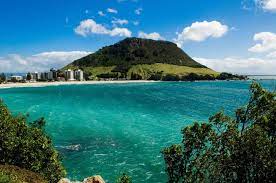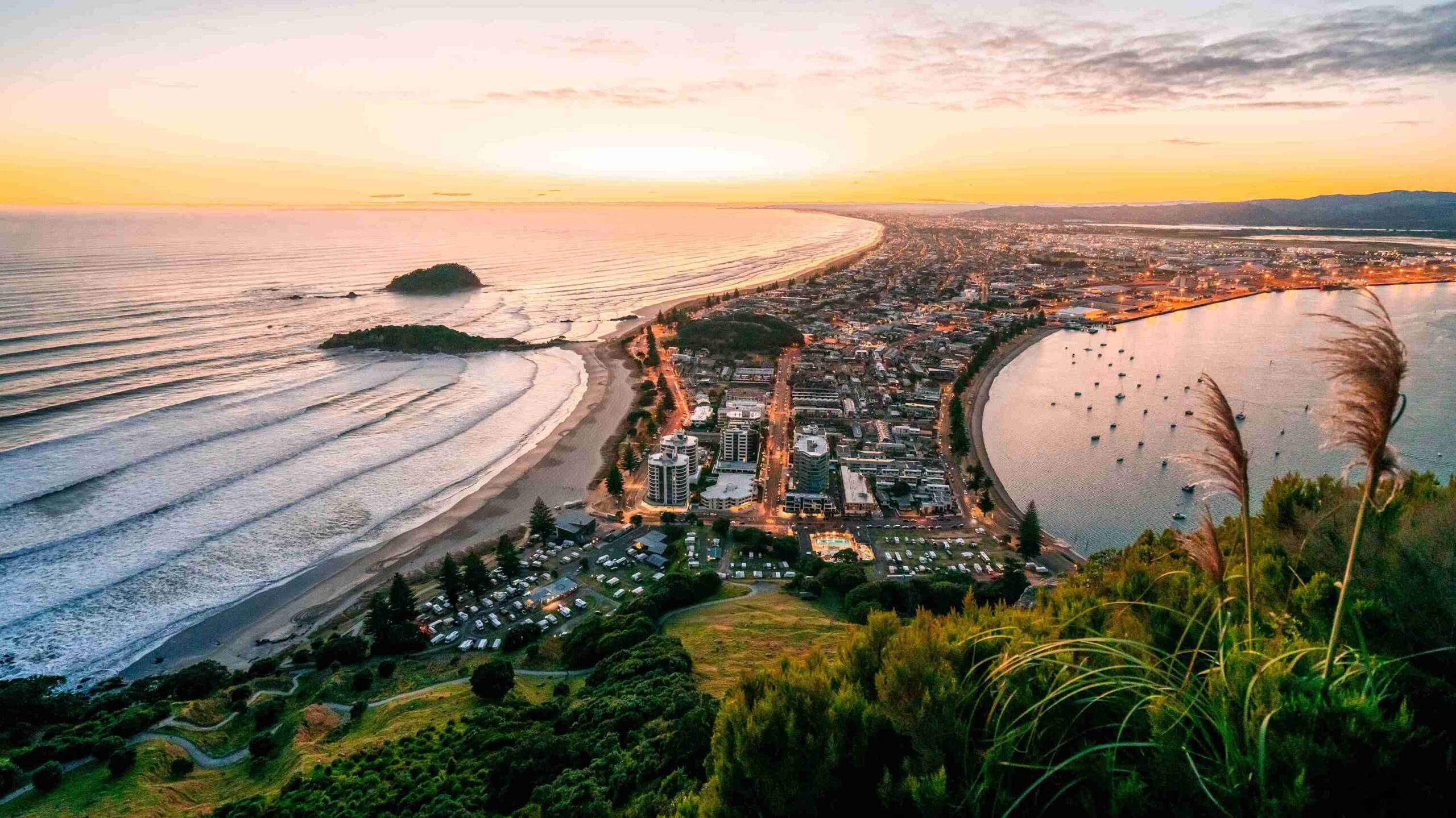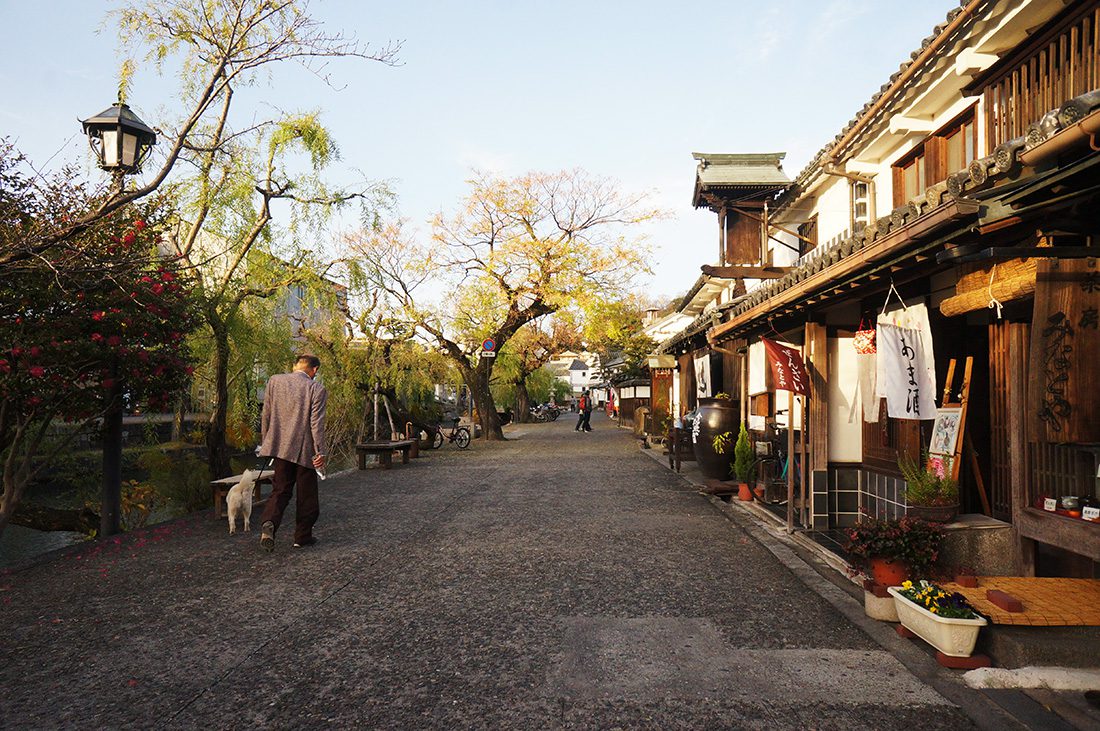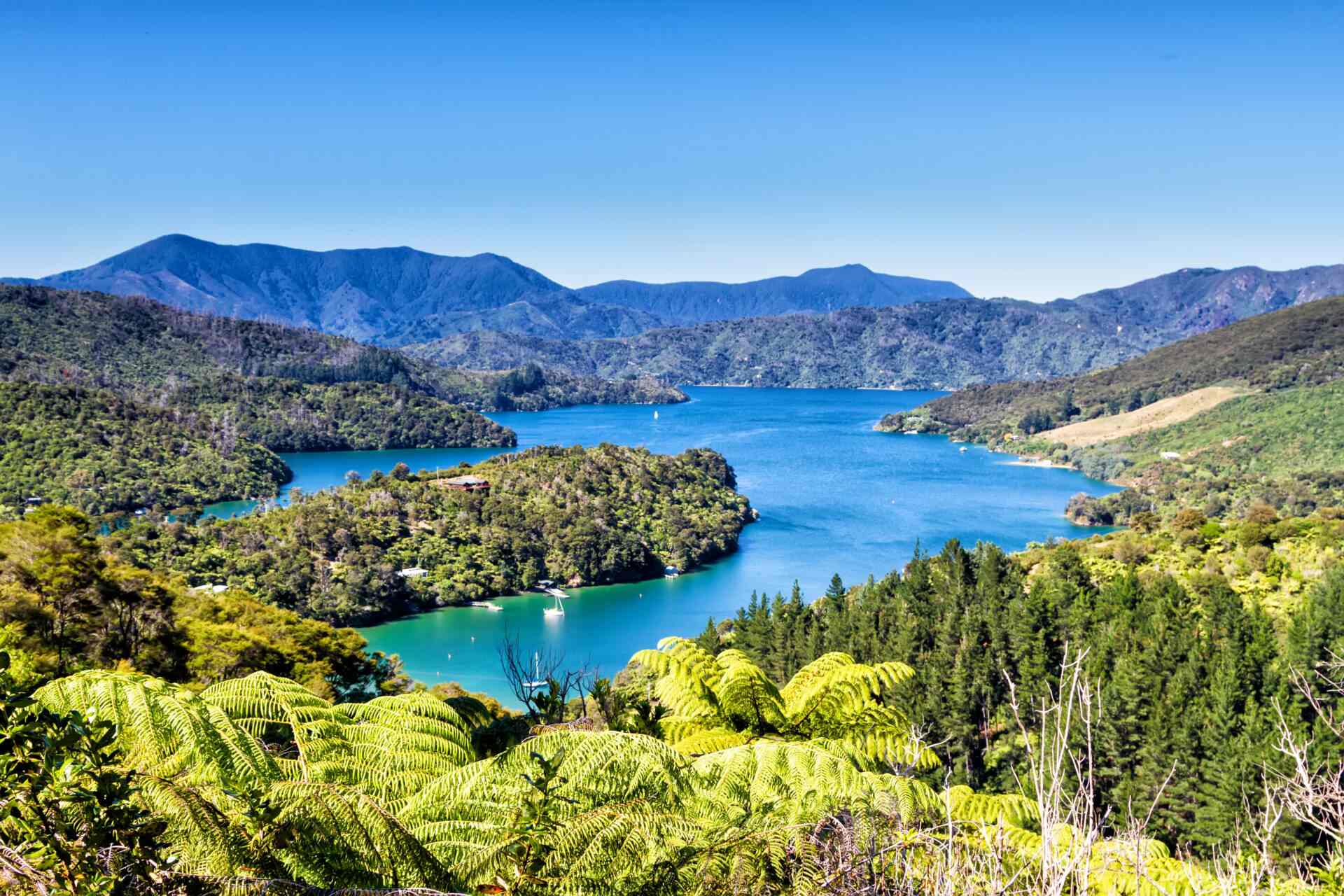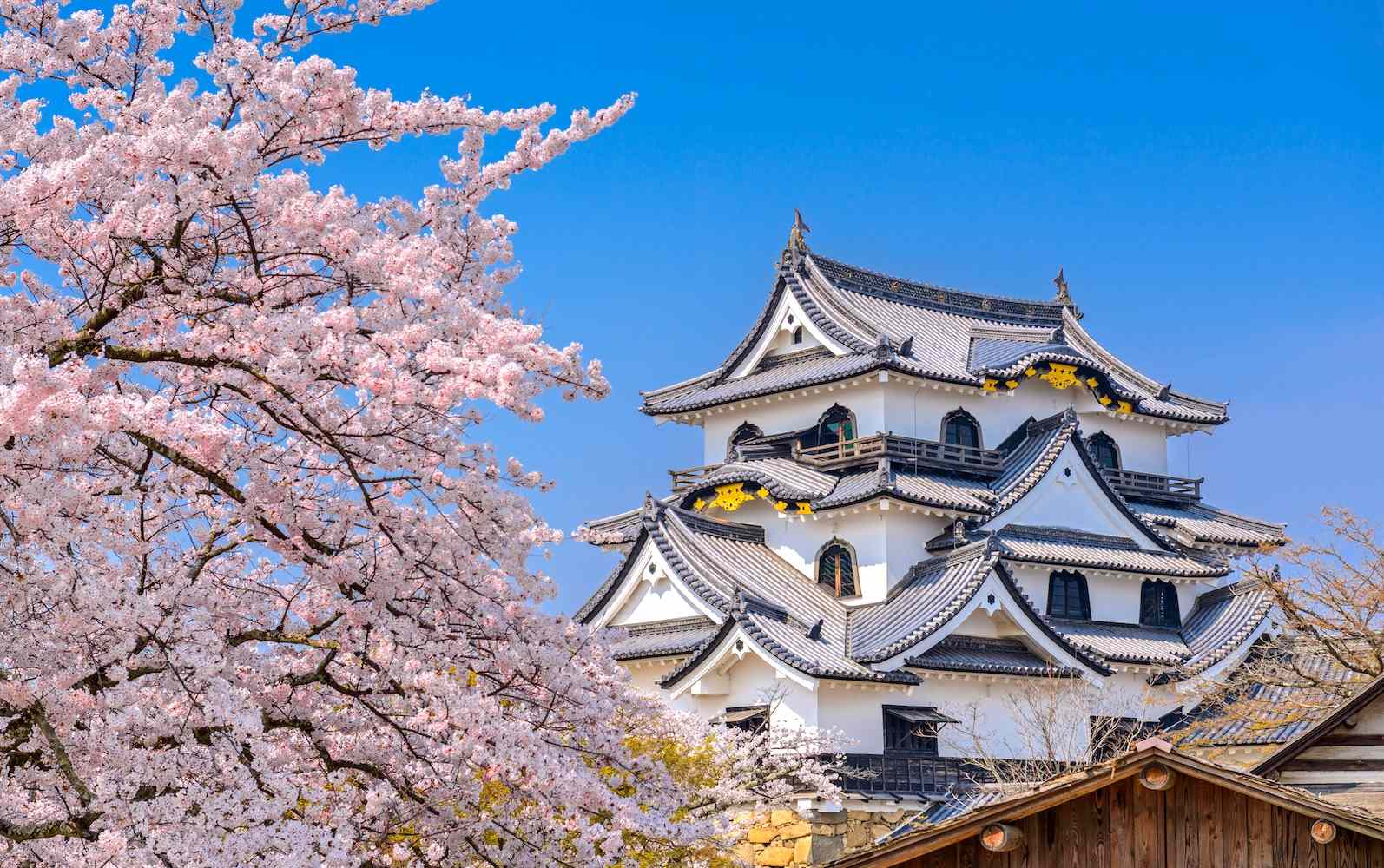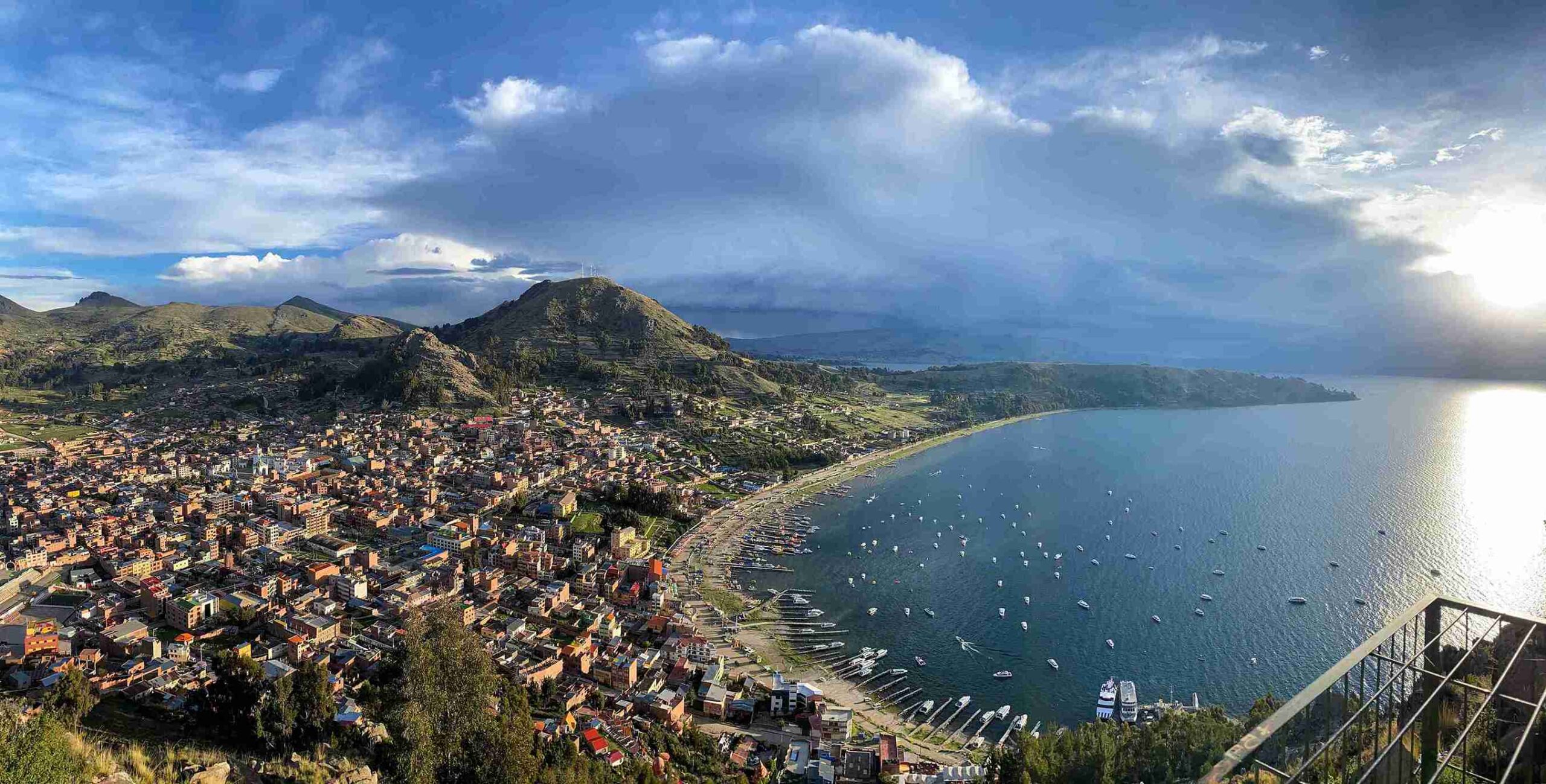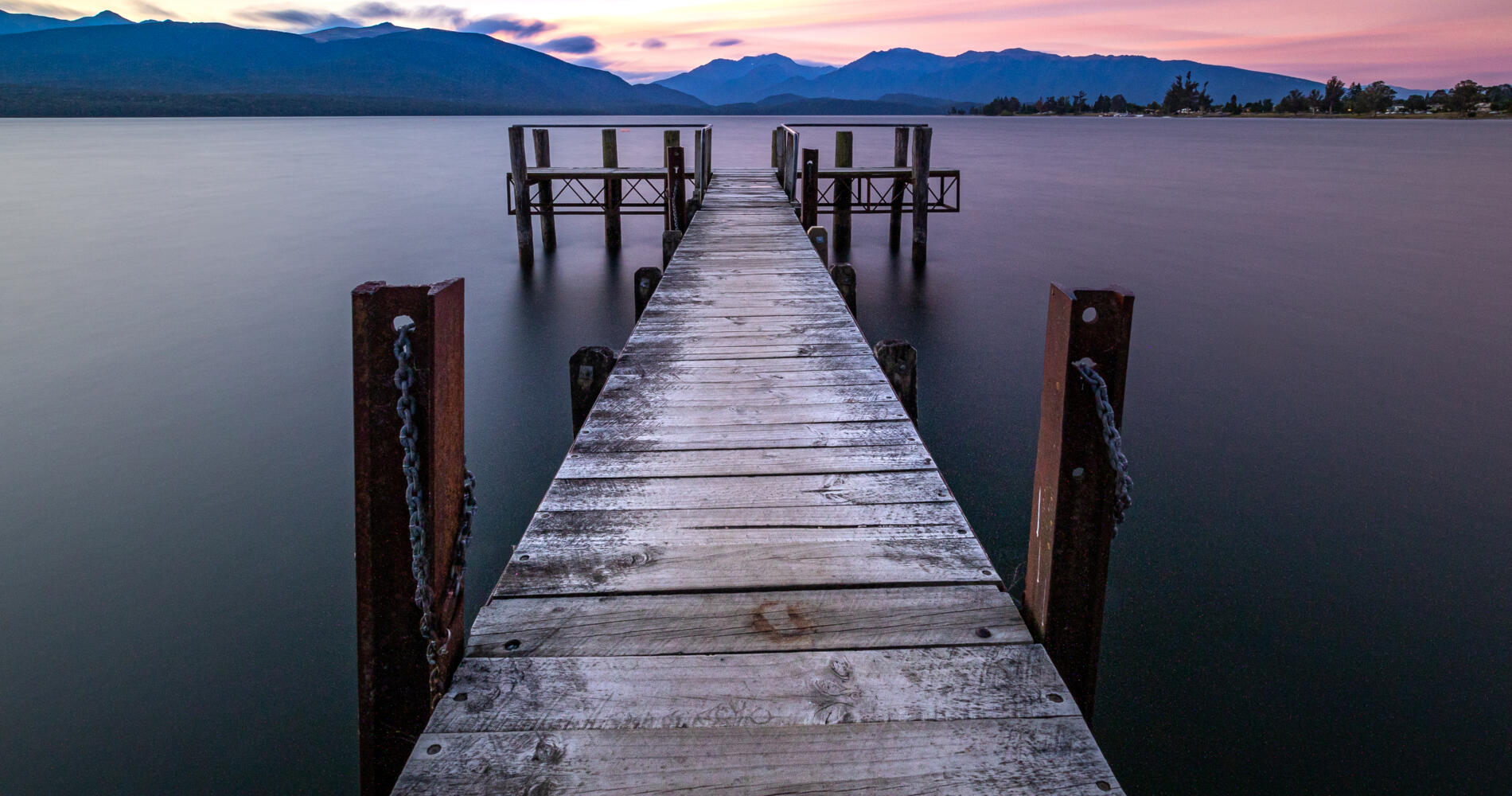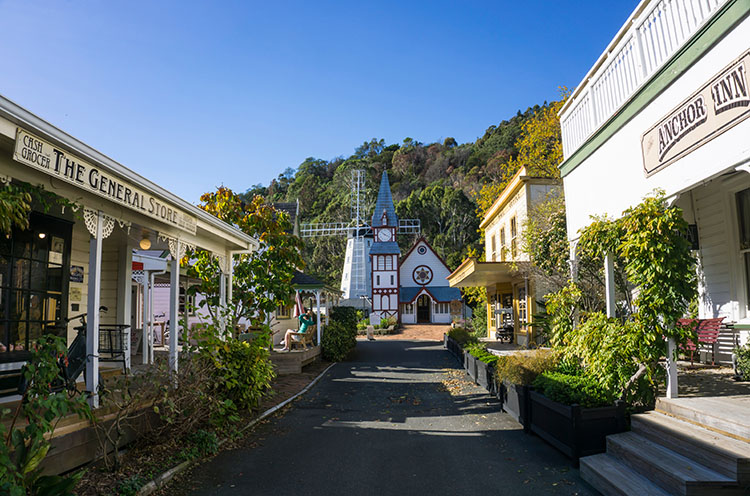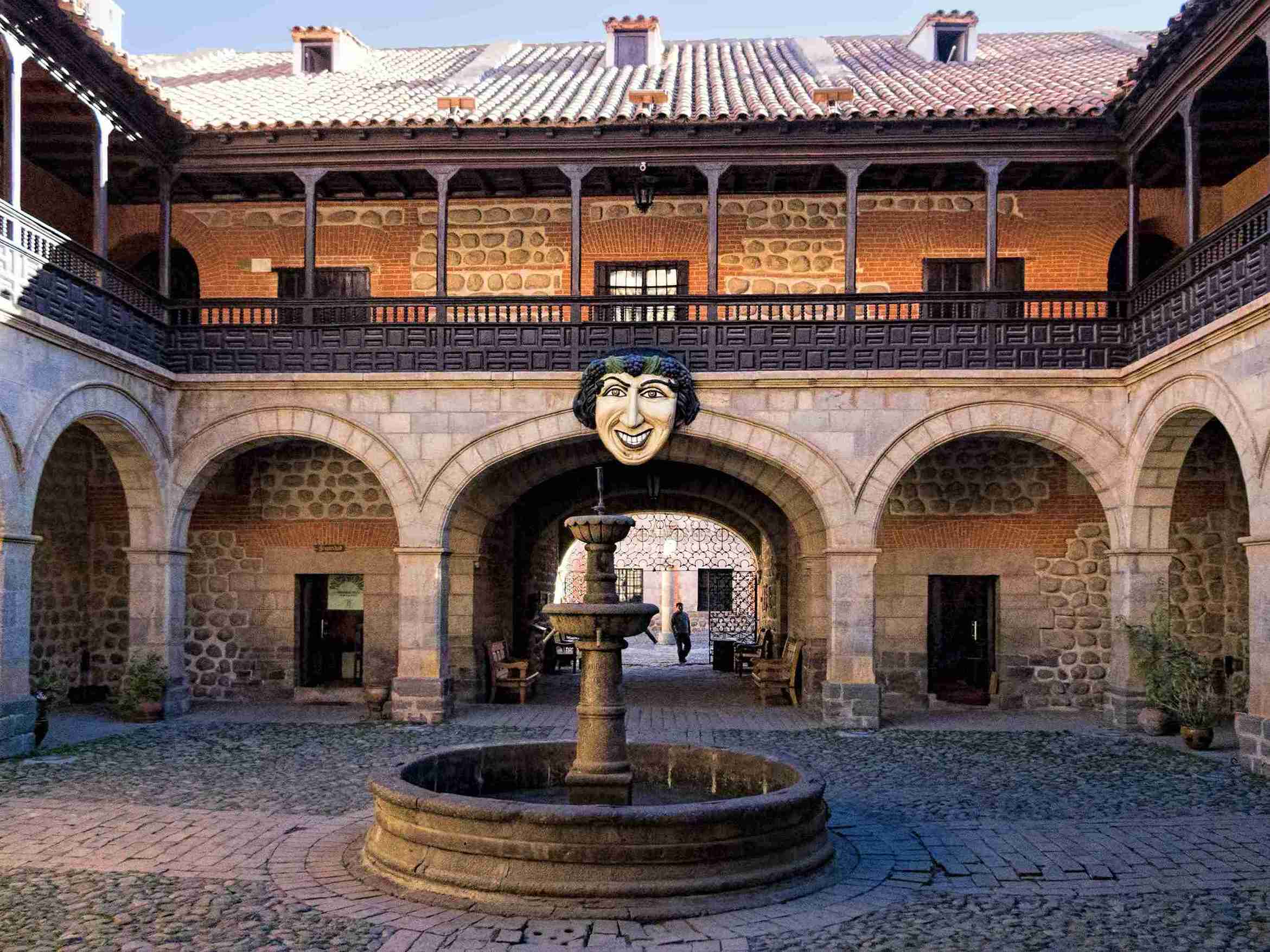Moshi, Tanzania – Travel Tips
Category
Categories
Popular Articles
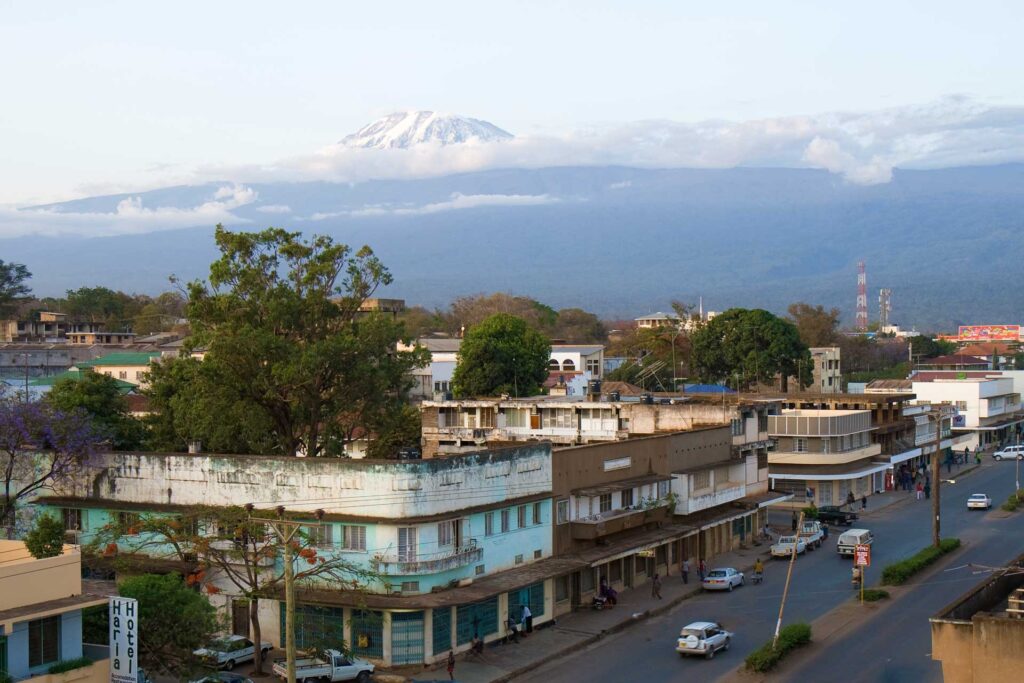
**Overview of the Destination**
Moshi, a bustling Tanzanian town nestled at the foot of Mount Kilimanjaro, is famous as the departure point for trekkers attempting the formidable climb. But beyond this, Moshi is also known for its rich culture, scenic landscapes, coffee plantations, and access to wildlife reserves. Whether you’re an adventurous traveler looking to conquer Africa’s highest peak or someone seeking cultural immersion, Moshi has something for everyone.
**Best Time to Visit**
The best time to visit Moshi is from June to October, during the dry season, when hiking conditions are optimal. Between March and May, the rainy season brings lush landscapes, but muddy trails might pose a challenge. Major events worth planning around include the Kilimanjaro Marathon in February and the Karibu Fair, East Africa’s biggest tourism event, usually held in June.
**Climate & What to Pack**
Moshi enjoys a relatively mild tropical highland climate year-round, with temperatures ranging between 20-30°C (68-86°F). It’s always good to carry lightweight, breathable clothing for the day, along with a light jacket or sweater for cooler evenings. For hikers, bring hiking boots, waterproof gear, and warm clothing because temperatures plummet at higher altitudes.
**Getting There**
The nearest major airport is the Kilimanjaro International Airport. From there, it’s about a 40-minute drive to Moshi, and shared taxis or private transfers are available. Visa on arrival is available for most nationalities, but it’s recommended to apply ahead to avoid extended wait times.
**Getting Around Locally**
Moshi town is fairly walkable, with restaurants, shops, and local points of interests close together. Taxis and motorcycle taxis are abundant for longer distances. Public transport, like Dala-dalas (minibuses), also connect Moshi with nearby towns.
**Safety Tips**
Moshi is generally safe, but as with any tourist destination, it’s essential to be cautious. Avoid flaunting flashy jewelry or expensive gear and take care when walking around after dark. There aren’t really any areas to strictly avoid, but common sense should prevail. As for cultural etiquette, Tanzanians are known for their politeness; a greeting is customary before diving into any conversation.
**Top Things to Do & See**
Beyond climbing Mount Kilimanjaro, you can tour through coffee plantations, go on safari in the Arusha National Park, visit local markets, or explore Maasai cultural experiences. Moshi is also home to numerous waterfalls, like the Materuni Waterfall, a hidden gem worth visiting.
**Where to Stay**
For luxury, Kilimanjaro Royal Court and Parkview Inn won’t disappoint. Budget options include Kilimanjaro Backpackers and Rafiki Backpackers. The town center, being a hub of activity, is a great place to stay, with easy access to various amenities and attractions.
**Food & Local Cuisine**
Moshi offers a rich taste of Tanzanian cuisine. Be sure to try ugali (a type of maize porridge), nyama choma (grilled meat), and mbege (banana beer). From street food to casual and fine dining establishments, Moshi caters to a variety of palates. Karibu restaurant and Milan’s restaurant are worth checking out.
**Cultural & Practical Tips**
The official currency is the Tanzanian shilling. English is widely spoken along with Swahili. It’s not customary to tip, but it’s appreciated. Plugs are type D and G; the standard voltage is 230 V. Internet access can be inconsistent, so consider purchasing a local SIM card for data.
**Sustainable or Responsible Travel Tips**
Respect local culture and dress modestly when visiting religious sites. When on a safari, maintain a respectable distance from the animals, and remember not to feed them. Also, consider buying local products to support the local economy.
**Personal Insight**
While climbing Kilimanjaro may be a primary attraction, don’t forget to immerse yourself in the local culture. Try the local cuisine, interact with the residents, and venture into Moshi town to truly appreciate the spirit of Tanzania. Take your time to uncover the lesser-known gems that make Moshi unique.

